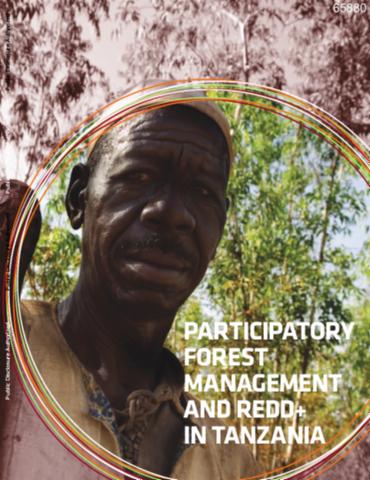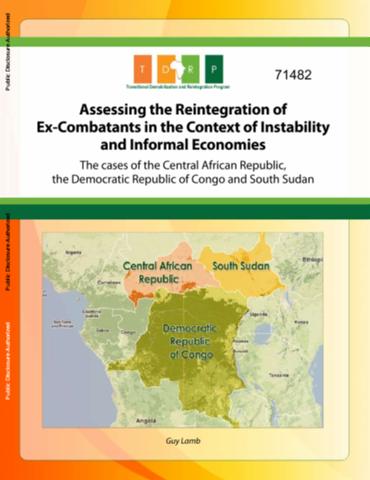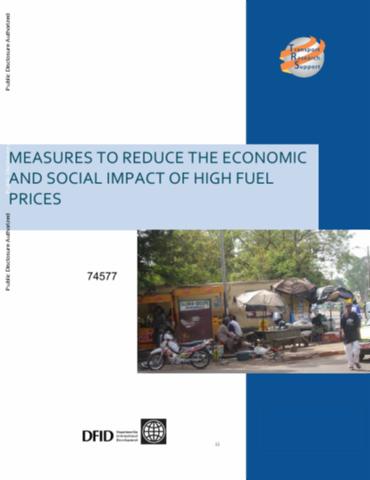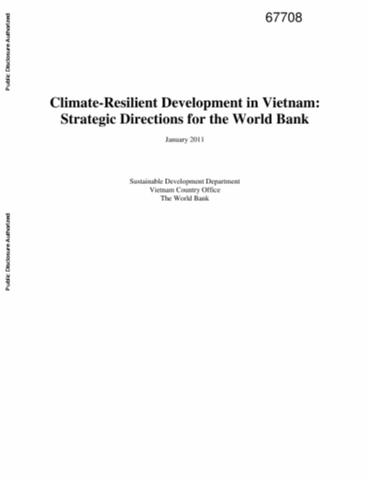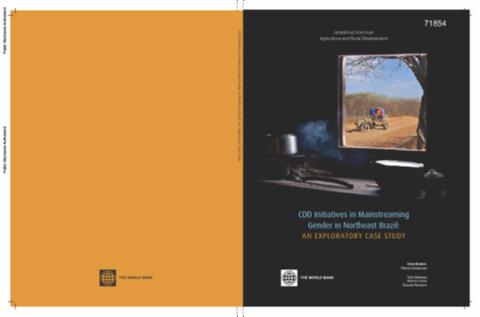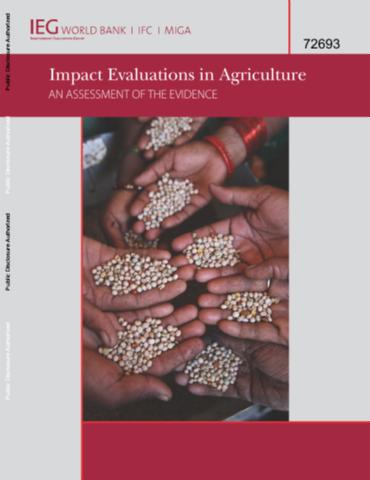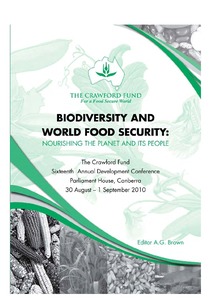The analysis on the change of farming lands in the territory of middle Lithuania
Land means the basic part of the natural environment, the basic instrument of human life, activity and immovable property, which is being disposed of in the process of land relation. Land should be used when coordinating private and public interests as well as environment protection requirements.
The possibilities for recultivation of overgrown areas in Slovenia
Still, more agricultural land is getting abandoned in Slovenia, specially in less favored areas. Such process of degradation of fertile land is most intensively present in the Obalno-kraska region and Goriska. Similar happens with grassland in mountain region as less and less animals which are suitable for that region are bred there. To prevent brush encroachment and to start recultivation of aban
Participatory Forest Management and REDD+ in Tanzania
Tanzania's land, local government and forest laws mean that rural communities have well defined rights to own, manage and benefit from forest and woodland resources within their local areas through the establishment of village forests. This approach, known by practitioners as Community Based Forest Management (CBFM) results in the legal establishment of village land forest reserves, community forest reserves or private forests. By 2008, 1,460 villages on mainland Tanzania1 were involved in establishing or managing village forests covering a total of over 2.345 million hectares.
Assessing the Reintegration of Ex-Combatants in the Context of Instability and Informal Economies
The implementation of effective Disarmament, Demobilisation and Reintegration (DDR) programmes in countries emerging from violent conflict are essential for building and maintaining peace and security. In many instances the disarmament and demobilisation of former combatants was achieved, but reintegration remained a challenge, due to the long-term focus and the substantial resources that are required for such a process to be successful.
Measures to Reduce the Economic and Social Impact of High Fuel Prices
High volatility in the world prices of petroleum has been a characteristic feature of the global economy in the last decade. World petroleum prices increased four-fold between 2004 and 2008 and, and following a drop in prices in the second half of 2008, petroleum prices have been rising again, and they are several times higher than they were two decades ago.
Climate-Resilient Development in Vietnam
Weather is the term used to describe the atmospheric conditions (heat, wetness, wind, etc.) prevailing at any one place and time. Climate is the sum of the prevailing weather conditions of a given place over a period of time, typically summed over many decades. This paper seeks to provide strategic directions for mainstreaming support for climate change within the World Bank's broader program of assistance to Vietnam.
CDD Initiatives in Mainstreaming Gender in Northeast Brazil
The present study focuses on gender while analyzing the effects of the Rural Poverty Reduction Project (RPRP) on the use of time and income generation as well as on cultural and social capital aspects. The study was based on a pilot project in Rio Grande do Norte designed to reinforce actions of the RPRP's focus on gender. The study should be viewed only as an exploratory evaluation that can be indicative of project effects, since the sample used was small and the time span between the subproject's implementation and the collection of impact data was short (only one year).
Impact Evaluations in Agriculture
This report seizes the opportunity to learn from existing evidence by analyzing lessons derived from impact evaluations produced between 2000 and January 2009 to begin to discern what has been effective in agriculture. It is part of a broader effort being undertaken by the Independent Evaluation Group (IEG) of the World Bank to understand how impact evaluations can help improve performance and broadly disseminate those lessons.
Actions Needed to Halt Deforestation and Promote Climate-Smart Agriculture
Agriculture needs to feed 9 billion people by 2050. This will require a 70 100% increase in food production (Godfray et al. 2010). Given climate change, a new kind of agriculture is therefore essential, one that must meet the triple challenge not only of ensuring food security, but also of adapting to future climate change and contributing to climate change mitigation. Meeting these challenges will require coordination with the mechanism known as Reduced Emissions from Deforestation and forest Degradation (REDD+) and other efforts to conserve forests.
Agroforestry in REDD+: Opportunities and Challenges. ASB Policy Brief 26
Agroforestry and other tree-based systems (wood lots, afforestation) can contribute to Reducing Emissions from Deforestation and Forest Degradation (REDD+) in two ways: 1) as part of REDD+ under certain forest definitions; and / or 2) as part of a strategy for achieving REDD+ in landscapes. In the context of REDD+, agroforestry has the potential for reducing degradation by supplying timber and fuelwood that would otherwise be sourced from adjacent or distant forests.


